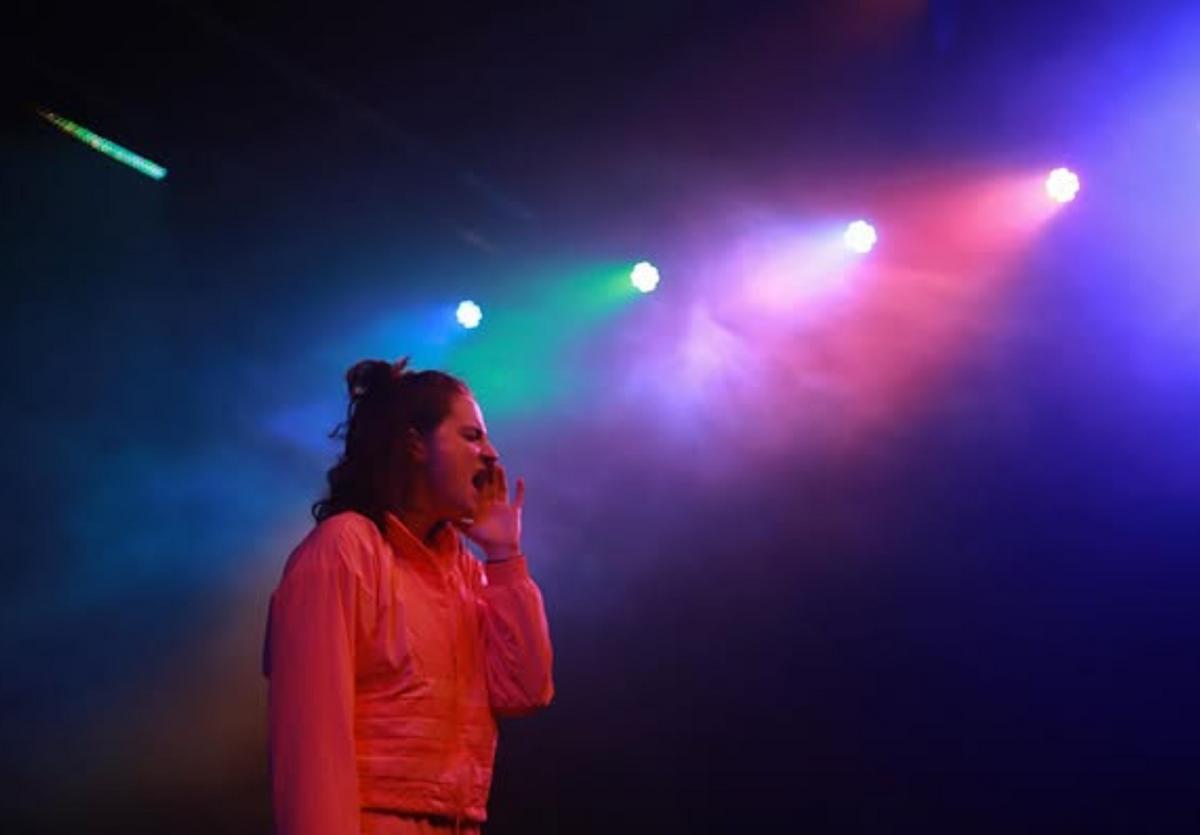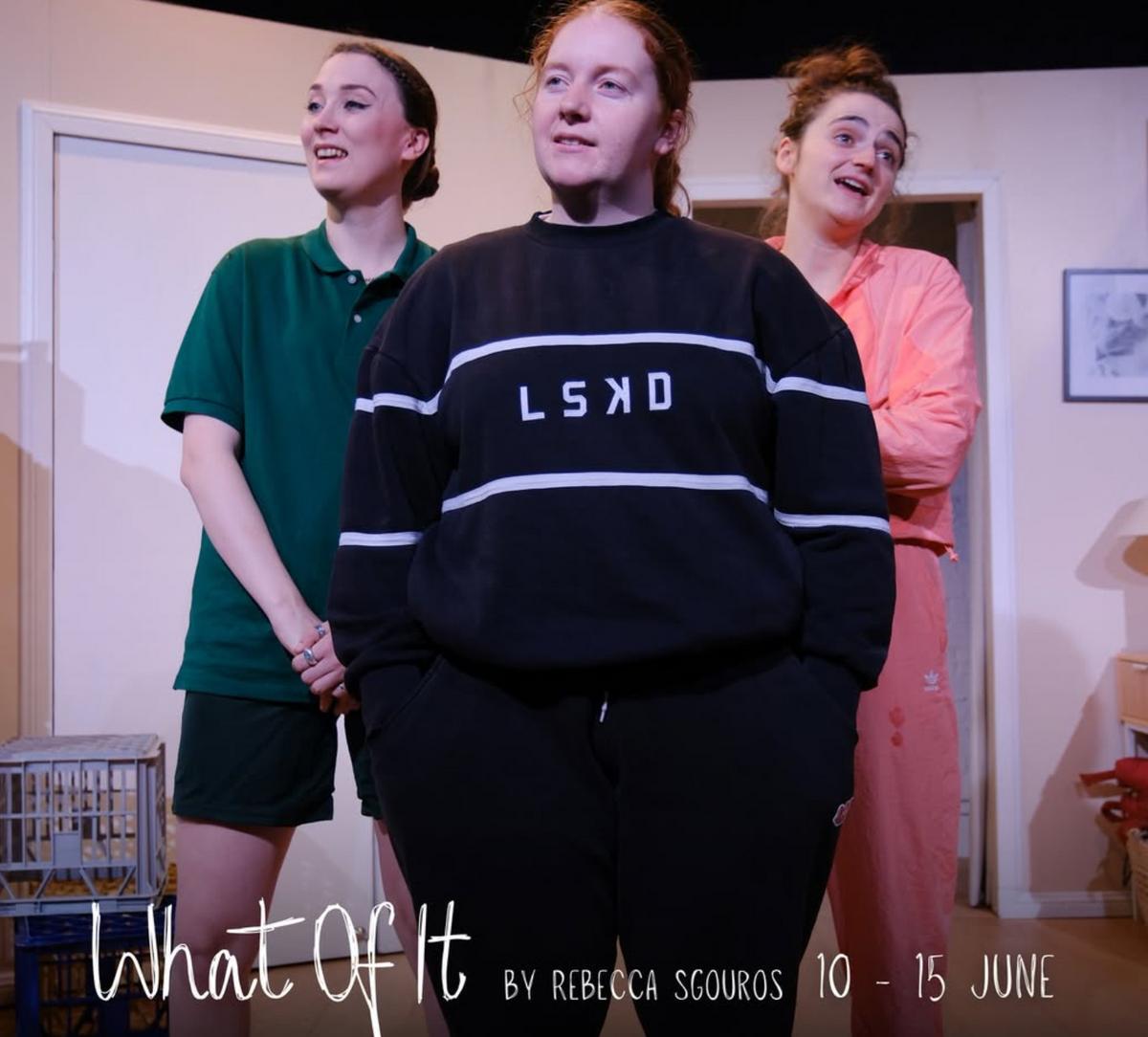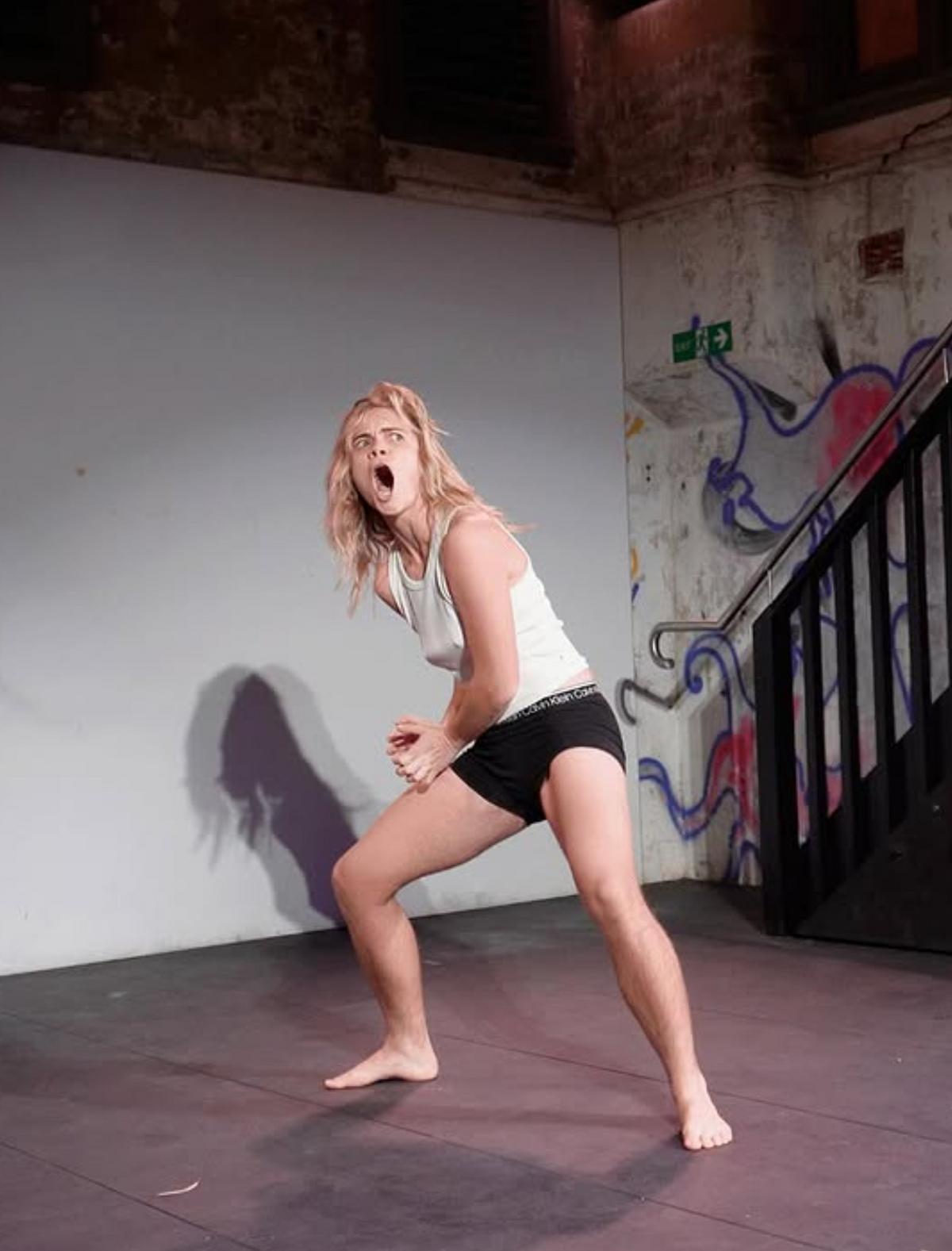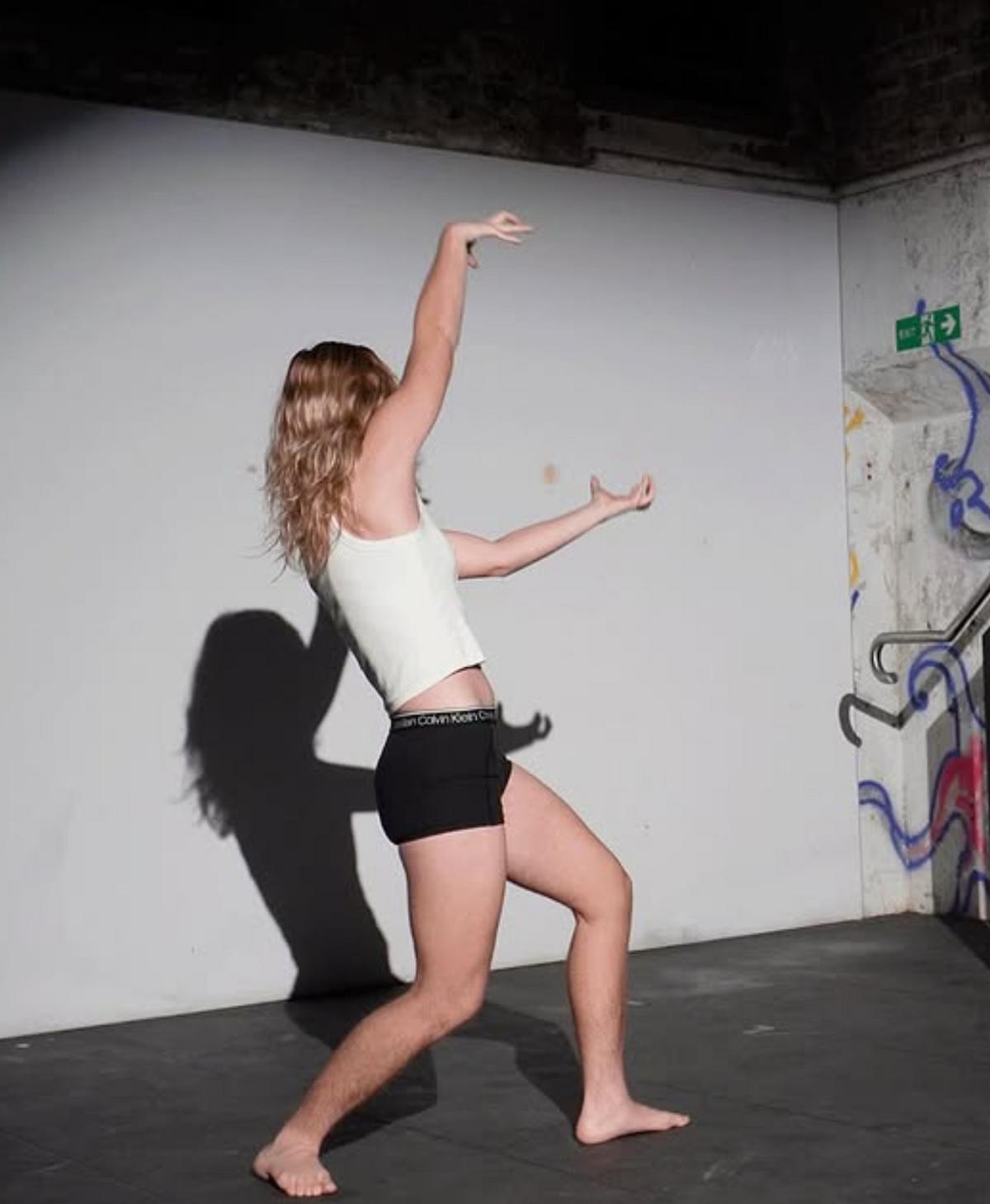Apologies in advance, I tried to catch as many names of these talented performers as possible but I have definitely missed some and will jumble them up. Homo Grown was an absolute treat! For this queer musical lover, it was like a slice of Heaven.
Host and co-founder of “Home Grown Aus”, Nick Ledger, opened us with Princess by Matthew Lee Robinson. Home Grown Aus, co-founded by Nick and husband Ben Nicholson, is the grassroots movement championing and producing original new works in Australian musical theatre. I actually attended a reading of “Mackenzie” by one my favourite musical theatre writers, Yve Blake, earlier in the week. That was produced by Home Grown and Hayes Theatre.
Our next act was a stunning cameo by Australia’s first female Prime Minister, performed by Mandy Isher. It brought the house down and the energy up to stay.
McBeanie and Hurley then performed a duet based on their musical chronicling the life and times of (very) obscure playwright, Robert Wiseman. This was a cute little back and forth called “The First Time I Met You” and left us with heart eyes for this real life couple.
Powerhouse Carla then took to the stage with “We’ve Got Chemistry” by Jordy Thomas. Those pipes!! Carla has power and presence and a sexy, sultry voice. With this melting “Ooh” that was like liquid chocolate! And I even I understood most of the chemistry puns, despite flunking science! Carla lights up the room and is an artful performer.
Yasheith performed “One Day In September” by Maverick and Cohen, about a closeted football star. Yakeith’s performance was earnest and nuanced, with unique use of dramatic timing. Such a beautiful voice too.


Nick Hedger returned to the stage with a love song for the gamers, nerds and misfits. It was a rock opera style ballad that hit the feels.
Robbie Alexander gave us a taste of the opening of their upcoming musical, warning it would be long and referred to it as their “Bohemian Rhapsody”. It was such a wonderful song that leaves me wanting to watch the whole musical. Charlie is the main character, who just can’t make main character status, so “Other Charlie” steals their limelight. The two Charlies and an ensemble of three delivered this number, with Charlie’s therapist’s voice being absolutely extraordinary!
Nick returned for an homage to Peter Allen which was poignant and touching.
The next was from a musical about netball. The names here got quite muddled for me. I think Sophie Davies and Harry Collins may be the composers. Lauren introduced the mother/daughter duo performance of “Married To Netball” which was absolutely hilarious and both Addie Robinson and Sinead Christado nailed the song.
We then finished with an entirely can’t-possibly-be-human performance by Carla once more. As a singer myself, I was left completely at a loss as to how one voice can do so many things and yet make it look like it’s the simplest thing in the world! I told my Plus One that Carla has to be AI!
It was such a wonderful and joyful hour of celebrating queer musical theatre creatives. I am already a big fan of Home Grown and the work they are doing, and I am so excited to see these upcoming new works and more of these incredible performers. Australia really does have talent!
To book tickets to Homo Grown, please visit https://events.humanitix.com/homogrown/tickets.











